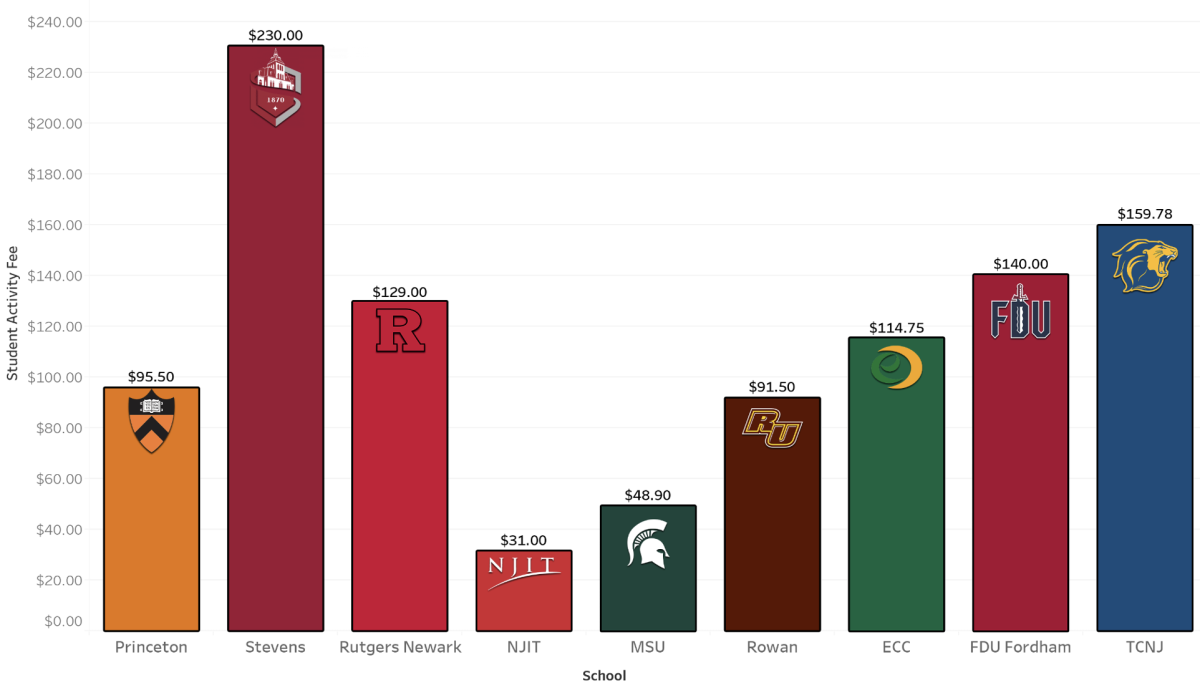[one_third]Liberal – Nicole Cheney
Recent complaints from the New York City Police department allege the use of the police flagging feature on Waze, a traffic and map app, to be liable to criminal misconduct. This most recent wave of complaints claims that Waze users may be using the functionality to warn drivers about sobriety checkpoints, which may be criminal if used to prevent the administration of Driving While Impaired (DWI) laws. This is only the latest in a long history of backlash from law enforcement regarding the app. In 2014, after the killings of NYPD officers Rafael Ramos and Wenjian Liu, concerns arose about using Waze as a means of tracking police.
Civilians finding ways to communicate police presence is nothing new, however; in the 1970s, CB radio use peaked for the same purpose of which the Waze police-reporting feature is used – to warn fellow drivers of speed traps. Google, who owns Waze, believes the feature keeps drivers safer by allowing them to act with greater caution on the road. Fortunately for proponents of the first amendment, it is unlikely that Waze will remove the feature anytime soon. Just as law enforcement claims that there is no right to privacy in the public sphere to justify traffic cameras and facial recognition software, so should there be no right to stealth for traffic patrols lying in wait in unfair speed traps. Precedent holds that this is not only legal, but also easily defensible in court.
[one_third]Conservative – Mark Pothen
Given my proclivity for speeding, I am generally appreciative of the ability Waze gives me to circumvent police speed traps. However, using Waze to avoid police DWI checkpoints is an entirely different situation. There are significant ramifications that come with the ability to evade these checkpoints, which can potentially lead to fatal accidents.
For example, if a kidnapper using Waze can see where there is a police presence, the efforts of the police to arrest the kidnapper are significantly stifled and the kidnapper can avoid arrest. The New York Times reports that this Waze feature has been criticized before, with LA Police Chief Charlie Beck saying in 2014 that it could be “misused by those with criminal intent to endanger police officers and the community.”
Though the platform claims that legally this feature is within the scope of the law, I think that it is morally incumbent on Waze to make sure that all drivers using the platform are held to the standard of law that has been set regarding driving. This is not to say that Waze should be compelled through government force to do away with the feature, however, they should reconsider their position on potentially allowing people to abuse it.
[one_third]Independent – Luis Andrade
To many commuters, Waze is as essential to the driving experience as lip syncing your favorite music or yelling expletives at bad drivers (unless you are that “bad driver”—then it would probably be praying).
The fact that the community-based application would face criticism for its most valued feature is as surprising as it is expected. The digital dry-snitching doesn’t sit well with the New York Police Department, who feel that disclosing checkpoint locations impede on their ability to prevent intoxicated drivers from endangering public safety.
While I do agree with the NYPD’s argument, one must also review the legality of such checkpoints and answer questions surrounding the ethics of unwarranted stops and the possible infringement of the First (freedom of expression) and Fourth Amendment (unreasonable searches/seizures).
The argument centered on public safety should be a priority, particularly noting that in 2017, 29% of all automotive fatalities involved an intoxicated driver. Waze’s claims that their community-based updates are not meant to help drivers avoid citations, but instead motivate them to make “safer decisions”, doesn’t necessarily make the roads safer. Similar to running in a store, kids slow down when they see an employee but as soon as they turn a corner, its Usain Bolt again. Adults are just kids with better toys.
All in all, the issue of safety is one that will not be resolved with the removal of a feature or implementation of additional checkpoints.































